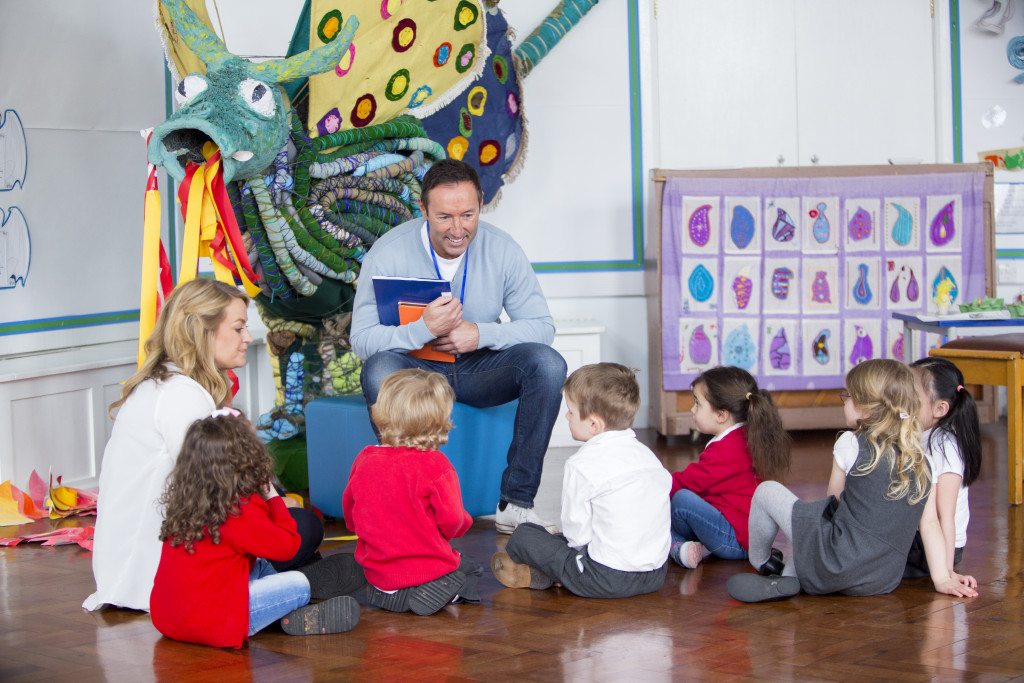How different the world will be if children of divorced parents can thrive despite the heartbreak. If only communities can help in embracing these children who feel, most of all, lost amid the sea of turbulent emotions the family is experiencing. Most of the time, parents are so busy not breaking down when they are in the middle of a divorce proceeding that they forget about how their kids are severely affected by the separation. What will happen now? Should they take sides? Where will they stay? These are the questions that race in their minds whenever they watch the divorce of their parents.
Most divorce lawyers will reiterate to their clients the need to get a child psychologist when the kids are involved in the divorce. This is especially important if the kids will need to choose between the parents for custody. When the parents cannot decide who will have custody of the children, or if they agree to shared custody, the kids are put in the spotlight.
This is where the community must make its presence known. It starts from the school and crawls down to the community centers governed by social workers. Even kids the same age as the children of the divorcees must embrace their peers and make sure that they feel welcome in the community.
What Kind of Support Can Communities Provide?
How children react to a divorce will depend on their age, development, and relationship with their parents. Younger children are more likely to bounce back from the divorce, while teenagers usually have a harder time understanding why their parents divorced. In fact, many teens will blame themselves for why their parents cannot make the marriage work. This is a great deal of stress for the family, so it is important that the school—teachers and administrators—and the community—social workers and community leaders and members—understand the crucial roles they have to play in the lives of these kids.
Therapy
A series of six weekly sessions is advised for children of divorced parents. These sessions should begin the moment that their parents decide to separate. The therapy will involve listening to the kids talk about their feelings. It should be more about what they feel than what they should do about these feelings. Community centers usually have social workers employed to deal with these kinds of things.
If the parents cannot afford the therapy sessions, the social workers will find child psychologists who will do it pro bono. They can also tap volunteer group leaders to help the kids transition to a life with a single parent. Another thing that they can do is to link them up with university students who have the theoretical background to help these kids deal with the trauma of the divorce.
Peer-based Activities

Communities can start hosting peer-based activities. They can find groups of kids with similar ages to the children of the divorced parents. The program should be similar to a buddy system where the volunteers will involve the other party in sports, recreation, and other activities.
Most community centers have facilities for sports, music, theater, and arts. These activities will take the kids’ minds off the tortured emotions they have about their parents’ divorce. Being with peers who have gone through the same thing will make them feel less alone. Schools and communities should look into creating support groups for these children.
Social Events
The community can also hold social events with the goal of forming camaraderie among the members. Community leaders can ask teens to organize these events themselves. These activities will help boost their skills. It will also create teamwork among the teens in the community as they will find themselves learning from these things.
Organizing social events is also an excellent activity also for out-of-school youth. It will expose them to their peers who will hopefully encourage them to go back to school or pursue better interests. As for the children of divorcees, spending time to help the community in hosting these events will give them a sense of fulfillment that is lost when families go through difficult times.
Advocating for the rights of children in the community is one of its most crucial roles. It is imperative when the children involved are those who are suffering from divorce and separation. It is one thing for children to suffer the consequences of a divorce, but it is another thing entirely when they have nowhere to go and no community to speak of.









